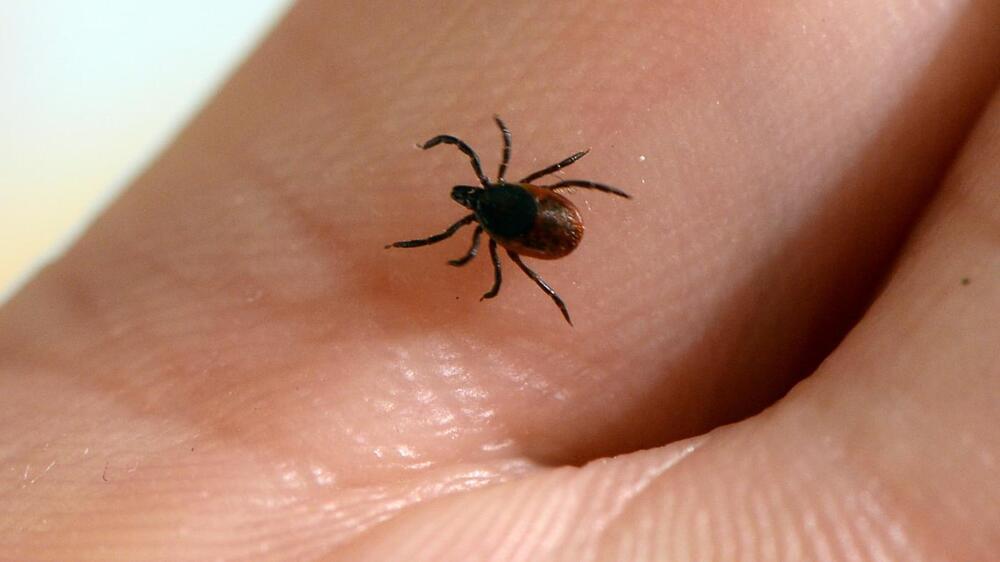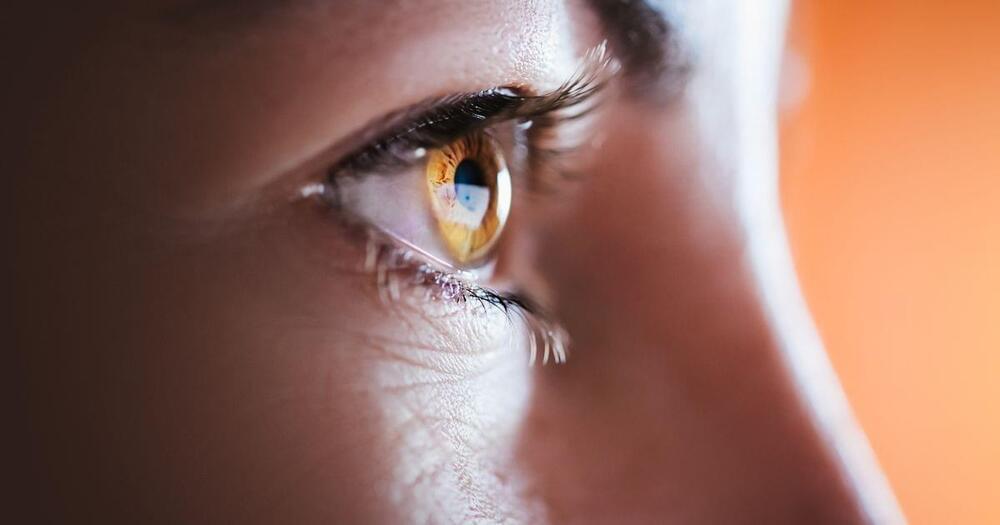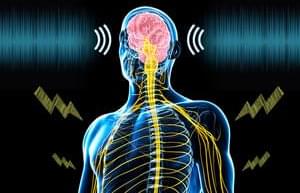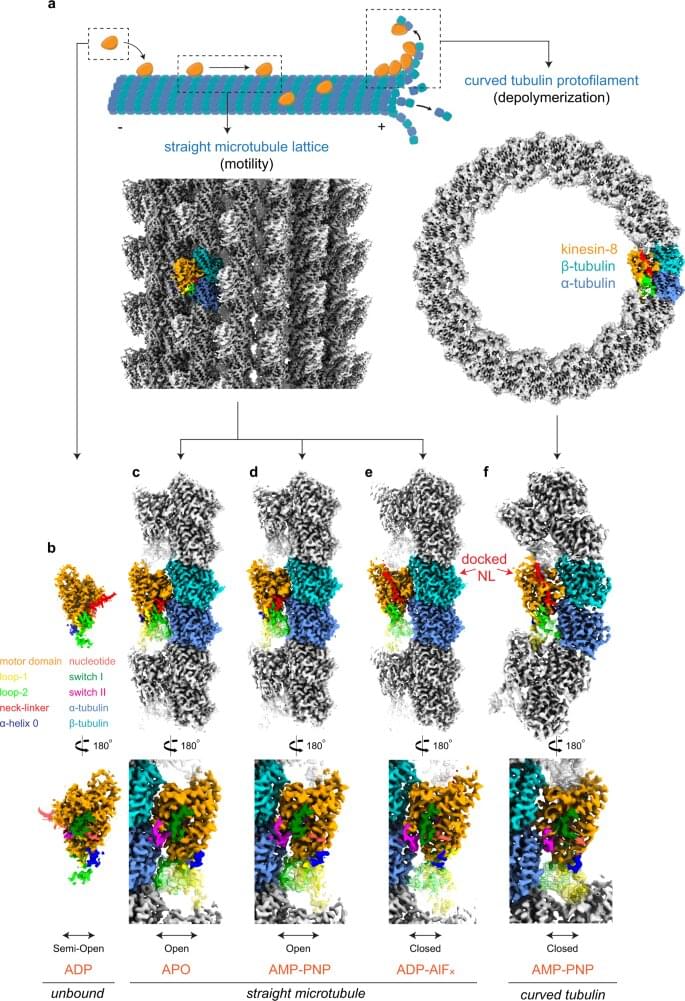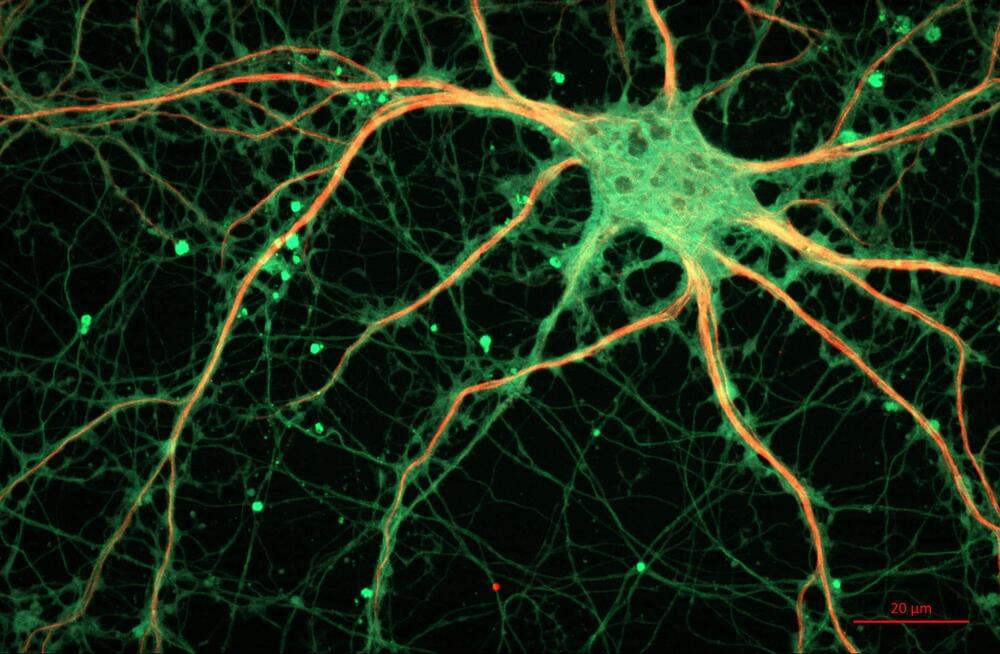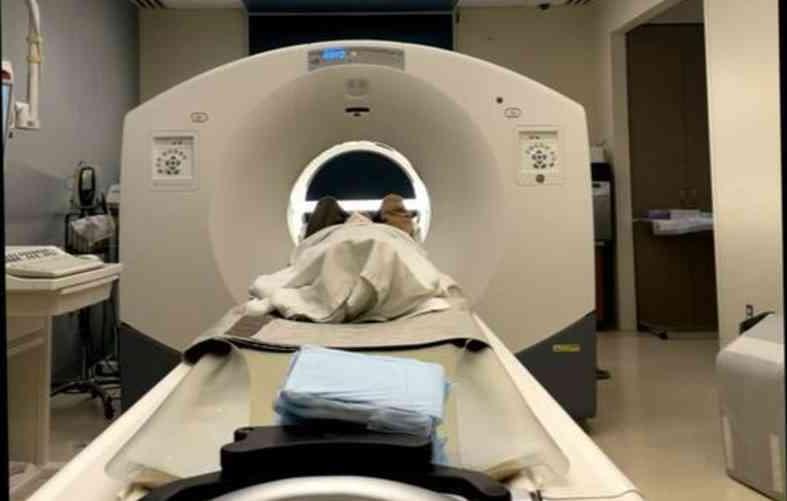Gene therapy pioneer — dr. katherine high, MD — president, therapeutics, askbio.
Dr. Katherine High, MD, is President, Therapeutics, at Asklepios BioPharmaceutical (AskBio — https://www.askbio.com/), where she is also member of the AskBio Board of Directors, and has responsibility for driving the strategic direction and execution of pre-clinical and clinical programs of the company.
AskBio is a wholly owned and independently operated subsidiary of Bayer AG, set up as a fully integrated gene therapy company dedicated to developing life-saving medicines that cure genetic diseases.
Most recently, Dr. High was a Visiting Professor at Rockefeller University and previous to that, she served as President, Head of Research and Development, and a member of the Board of Directors at Spark Therapeutics (a subsidiary of Hoffmann-La Roche), where she directed the development and regulatory approval of Luxturna® (a gene therapy medication for the treatment of the ophthalmic condition Leber congenital amaurosis), and represents the first gene therapy for genetic disease to obtain regulatory approval in both the United States and Europe.
Dr. High was a longtime member of the faculty at the University of Pennsylvania and medical staff at The Children’s Hospital of Philadelphia, where she was also an Investigator of the Howard Hughes Medical Institute. She served a five-year term on the U.S. Food and Drug Administration Advisory Committee on Cell, Tissue and Gene Therapies and is a past president of the American Society of Gene & Cell Therapy.
